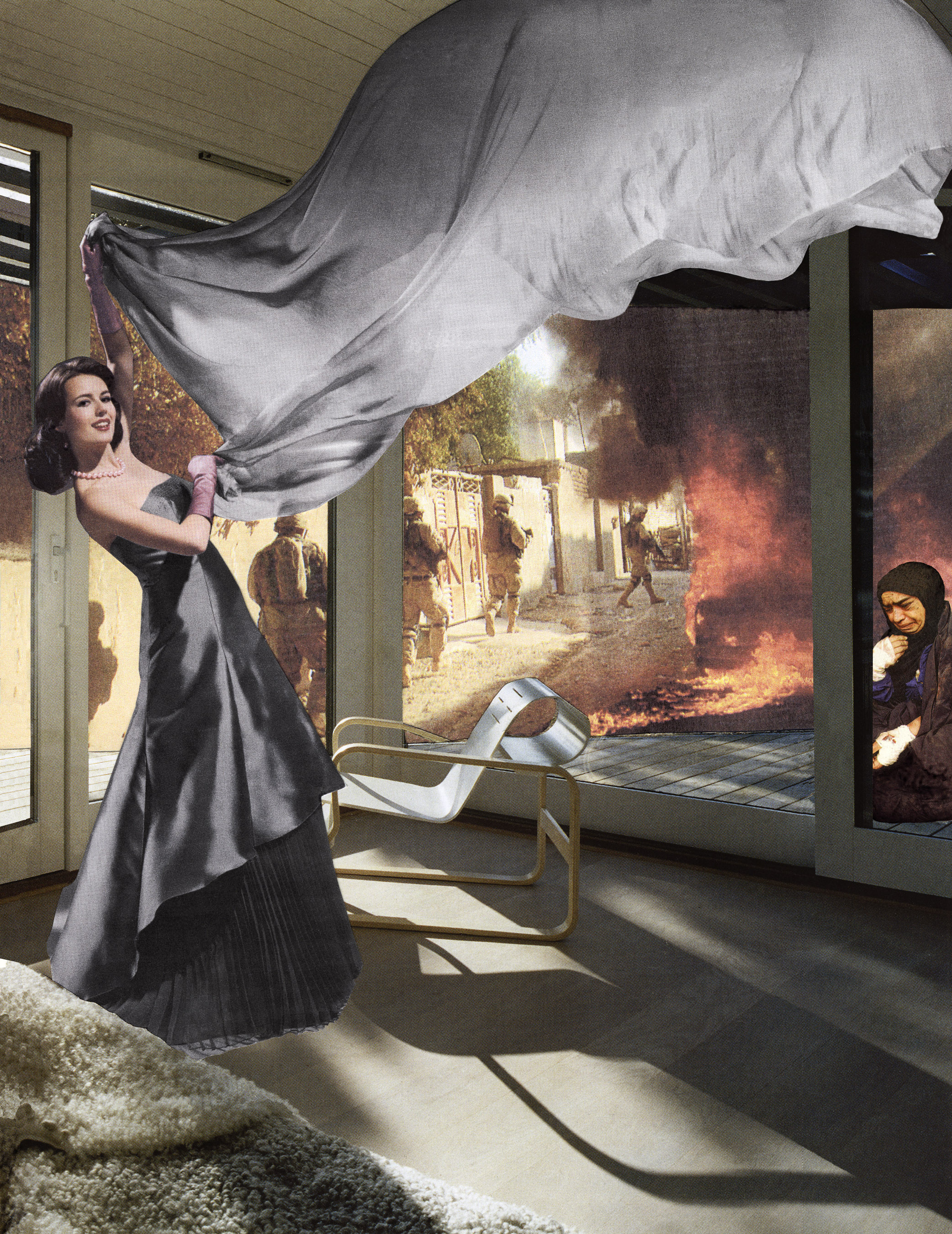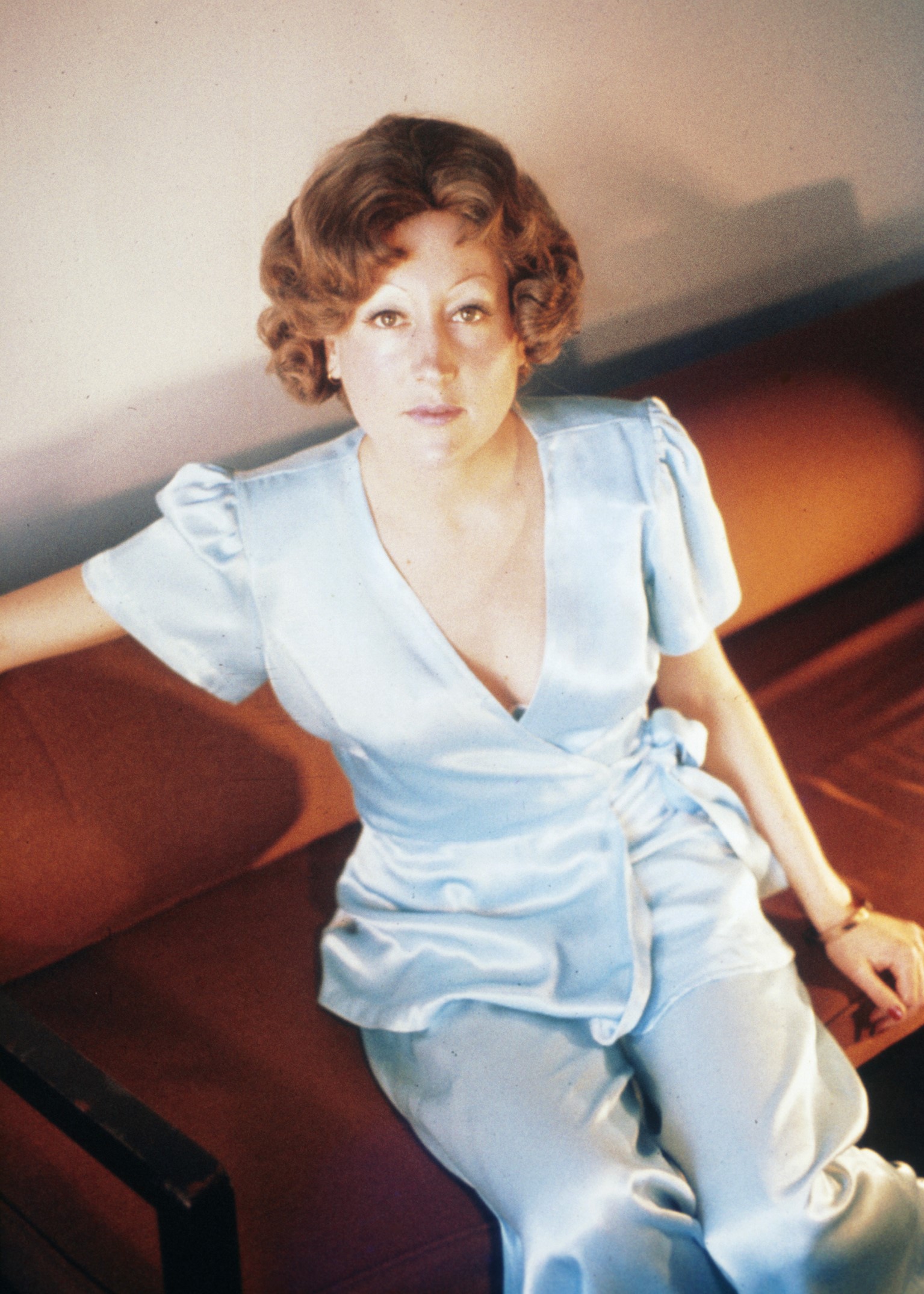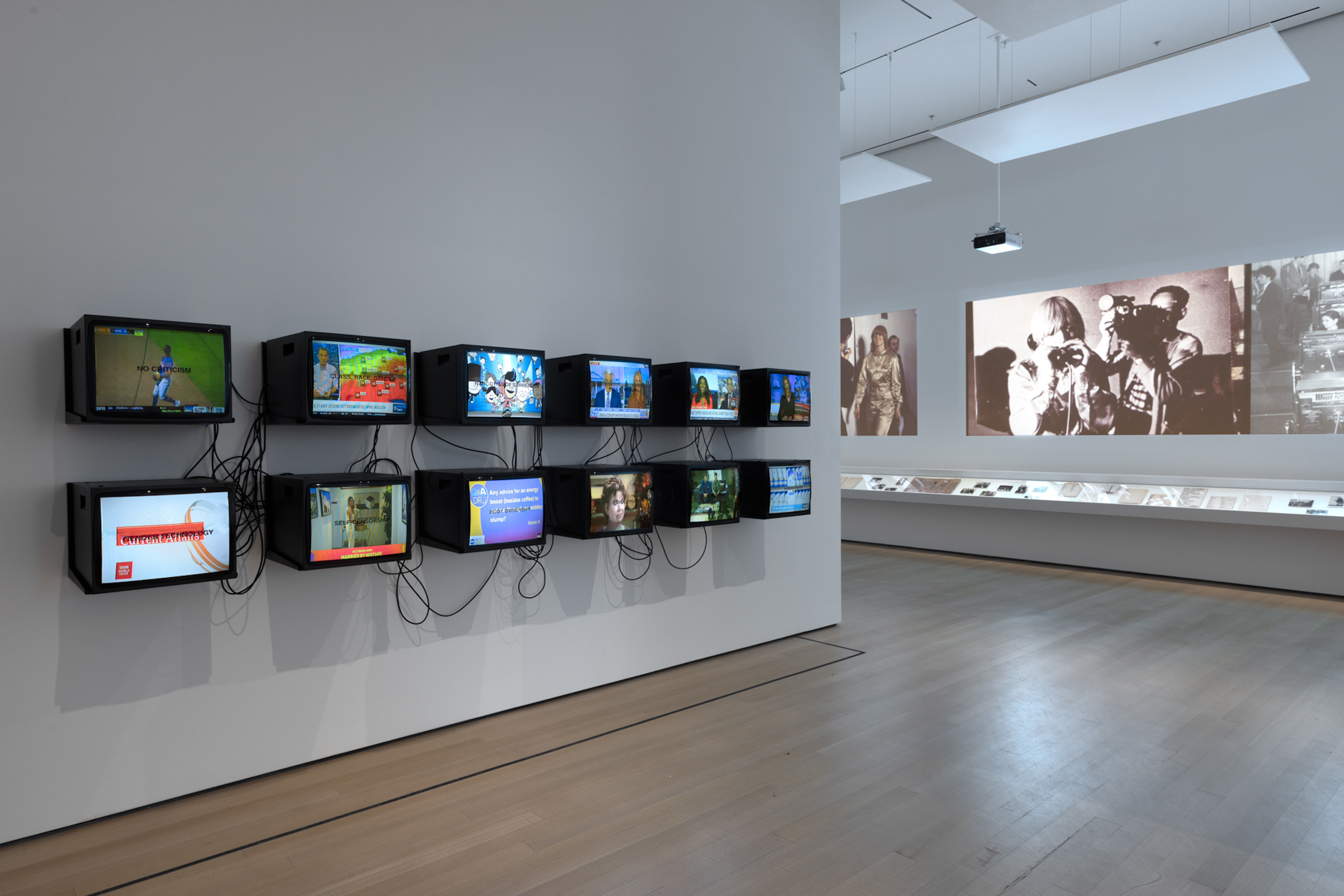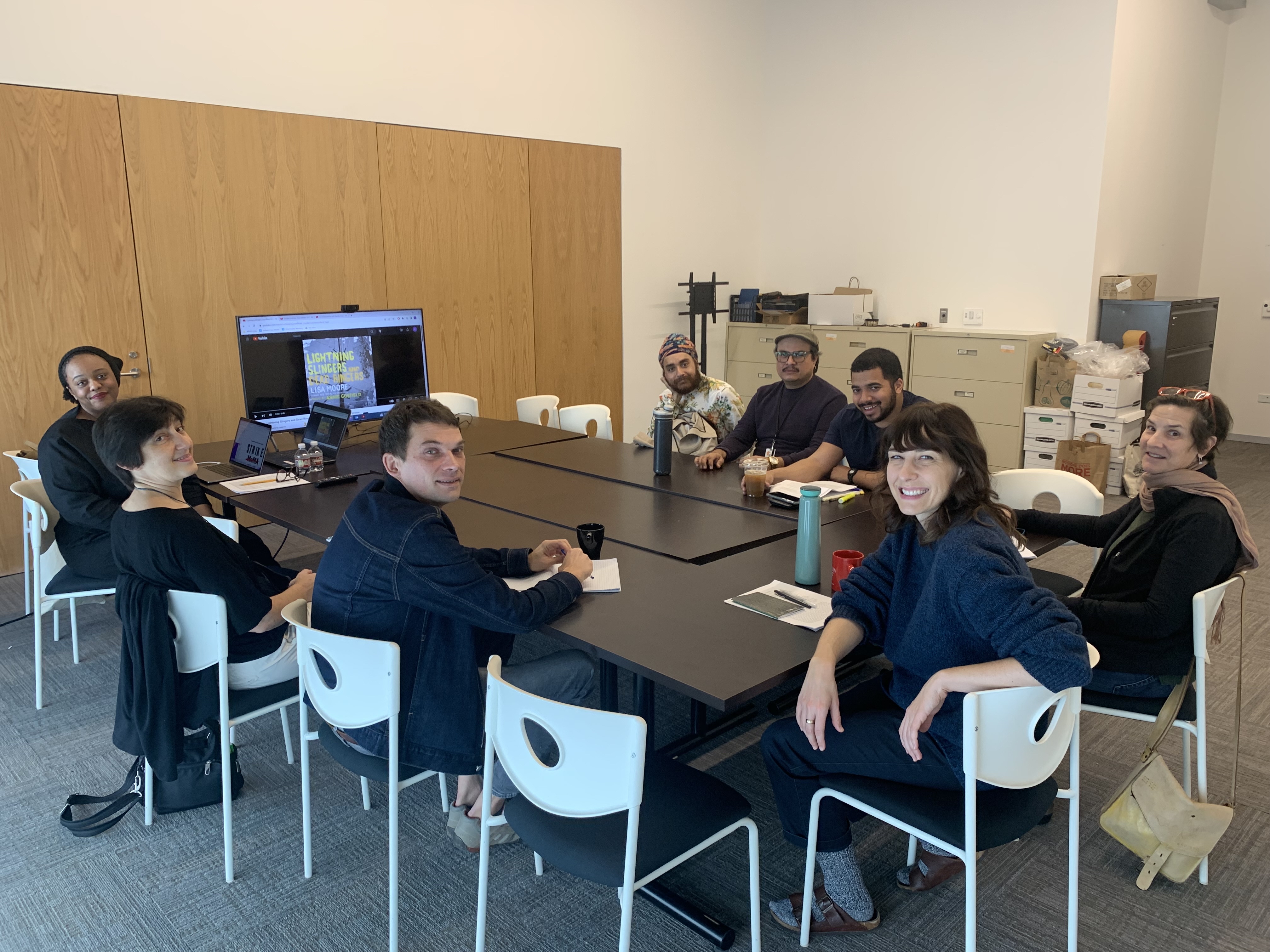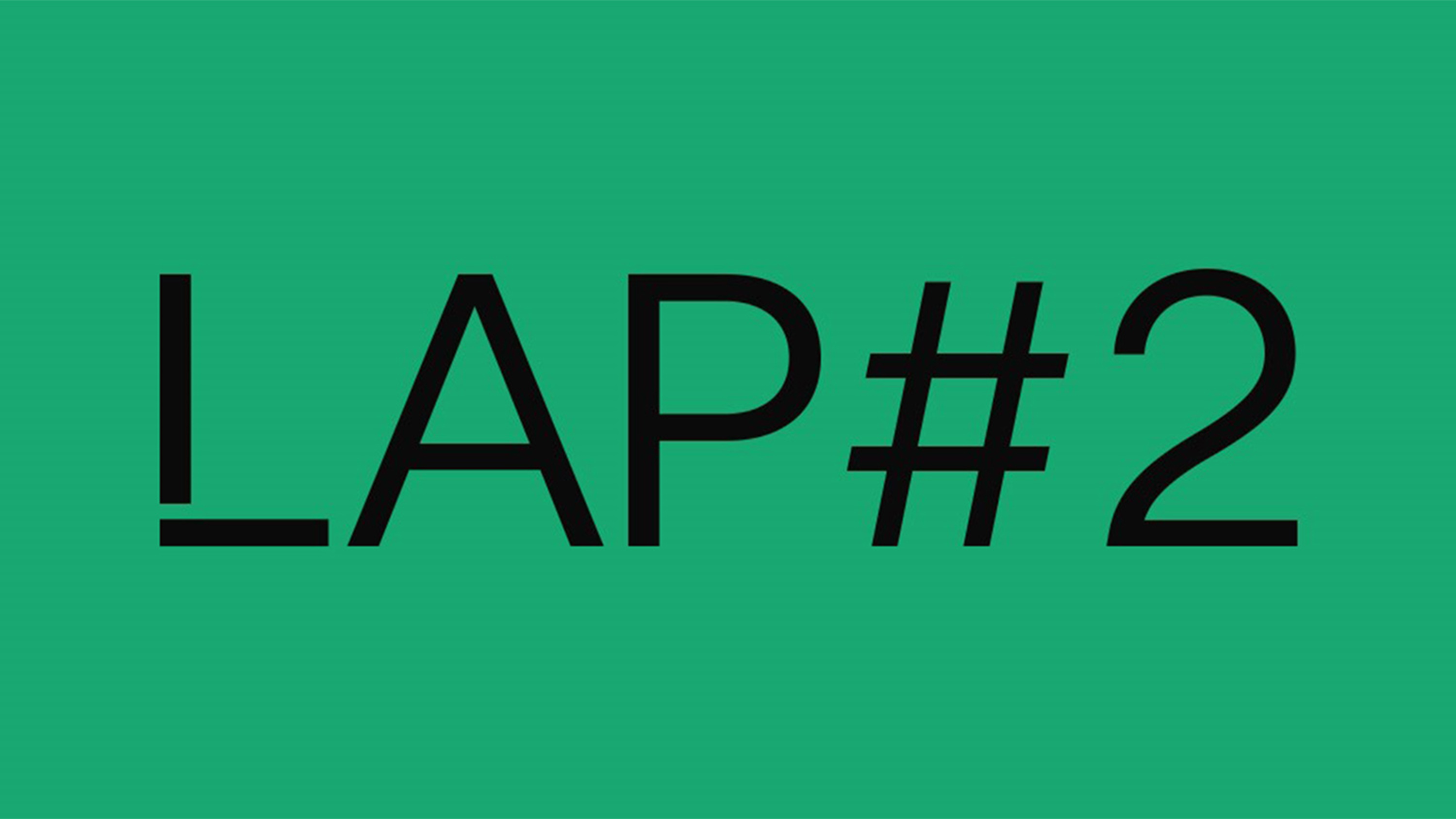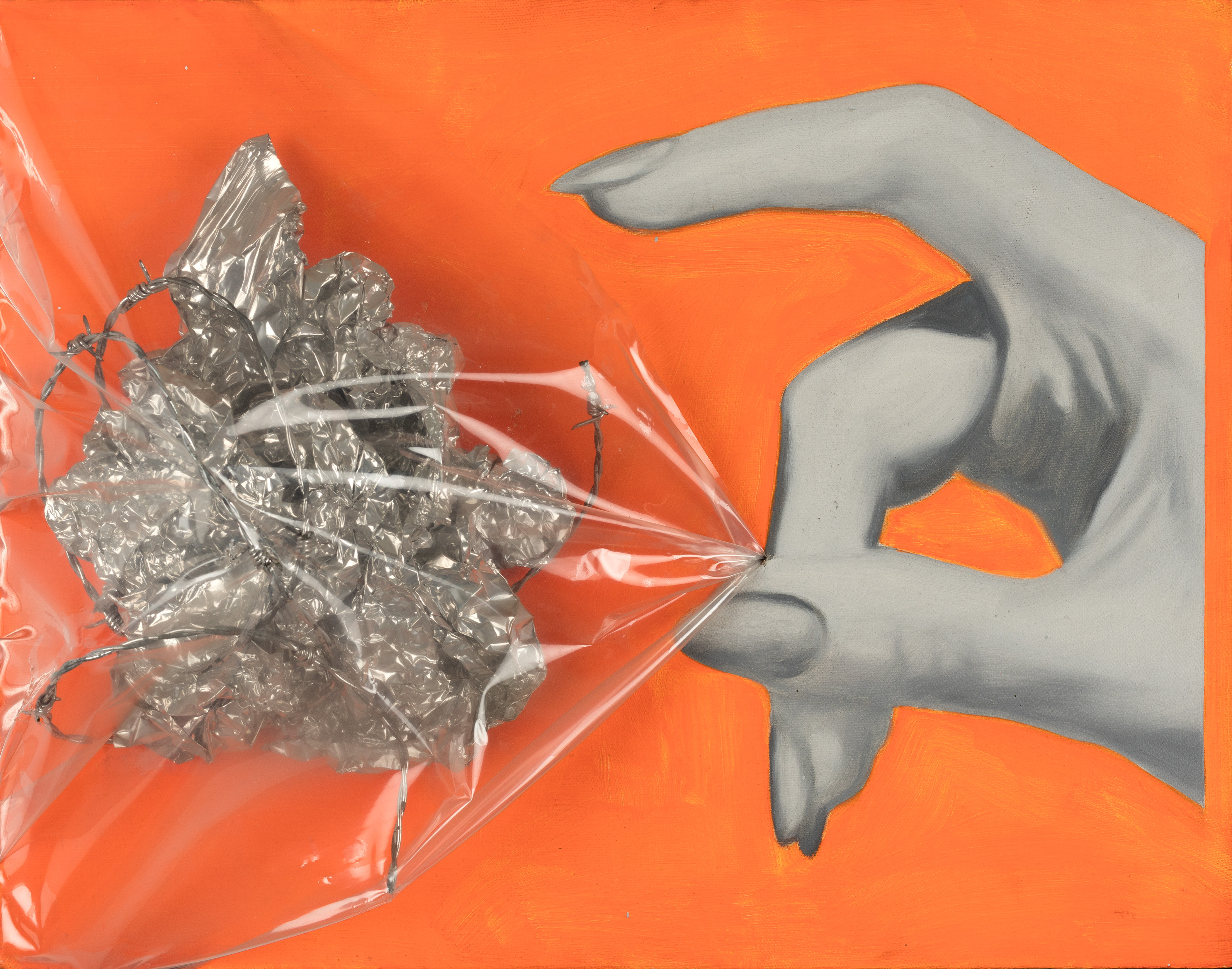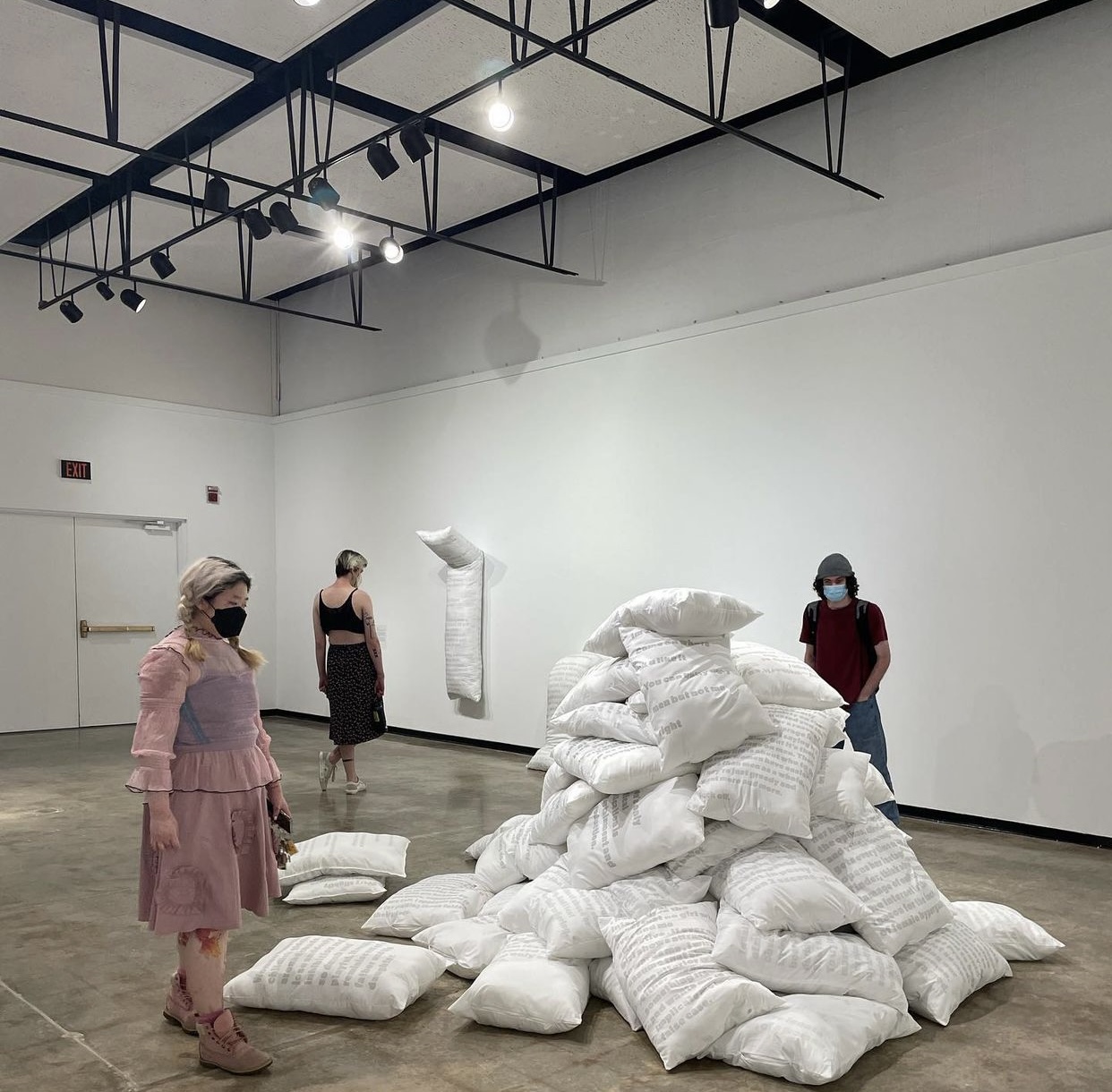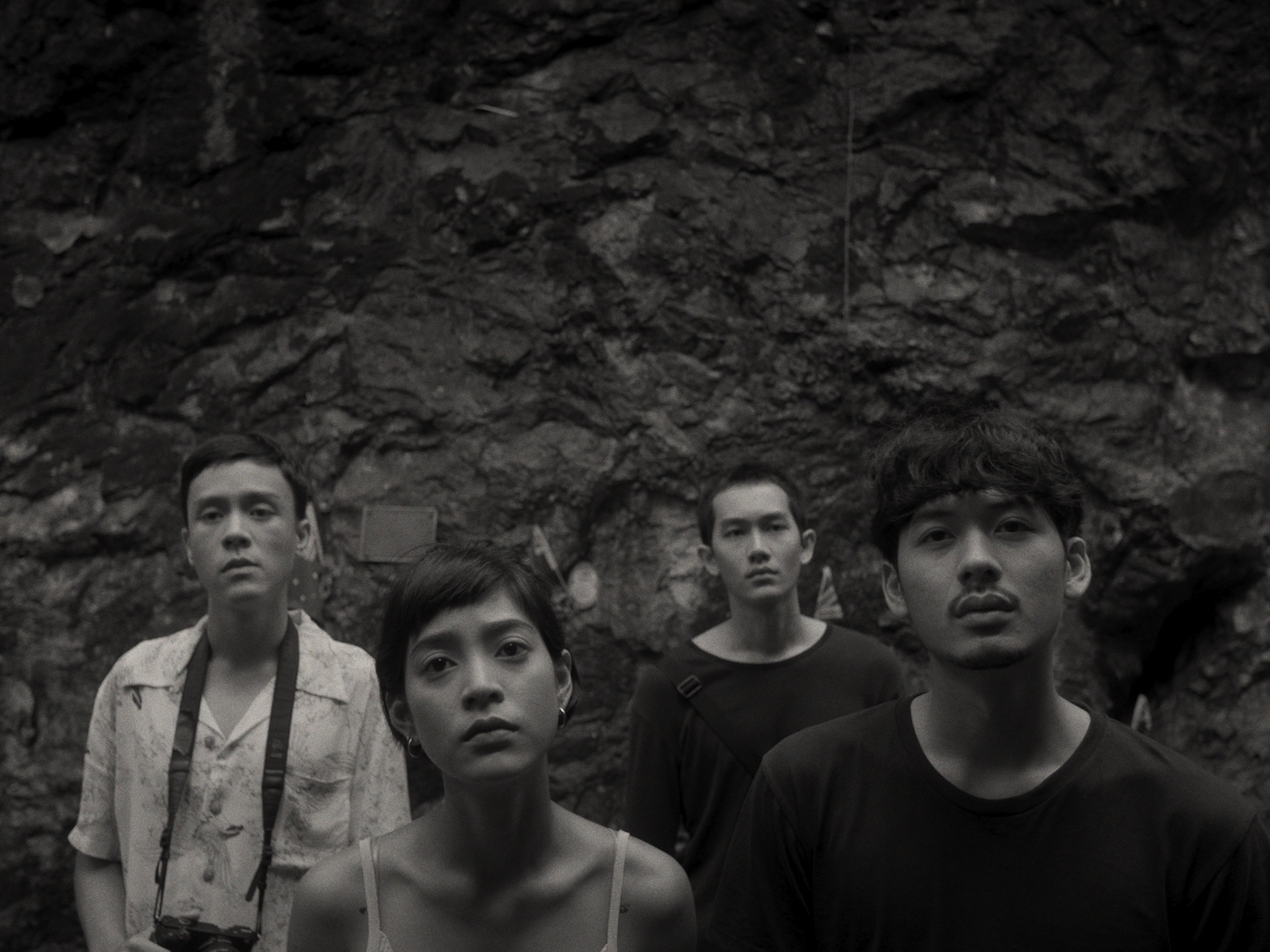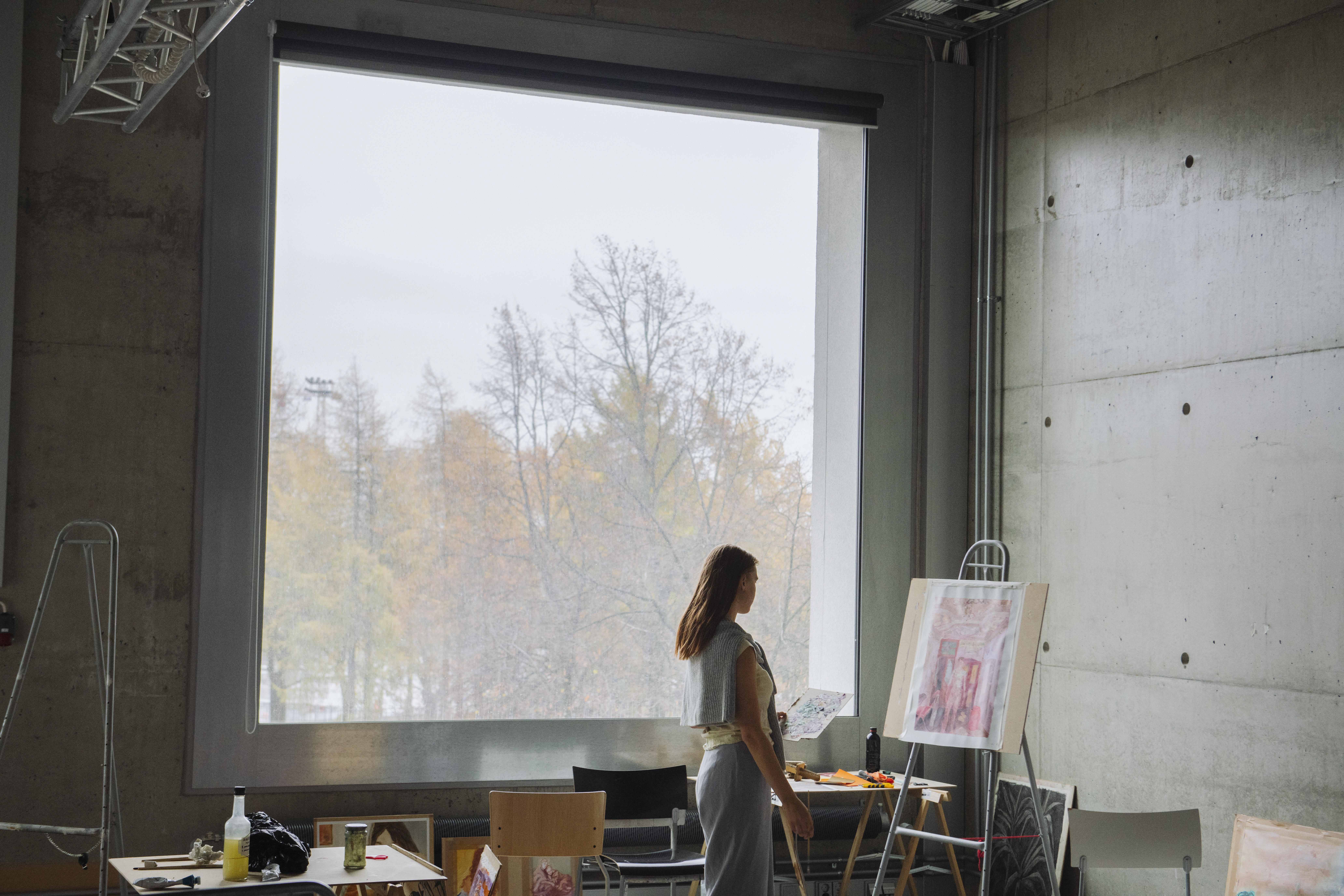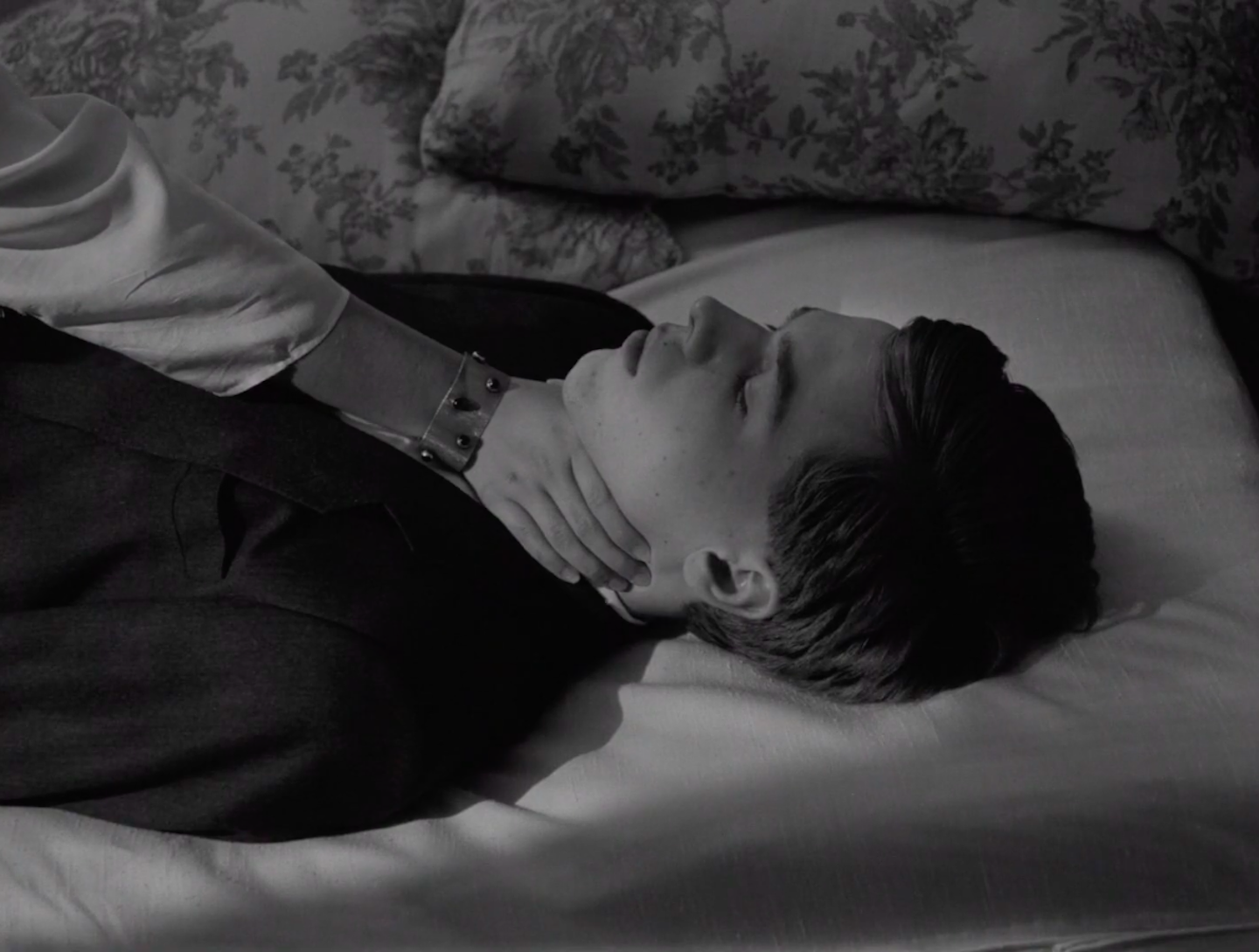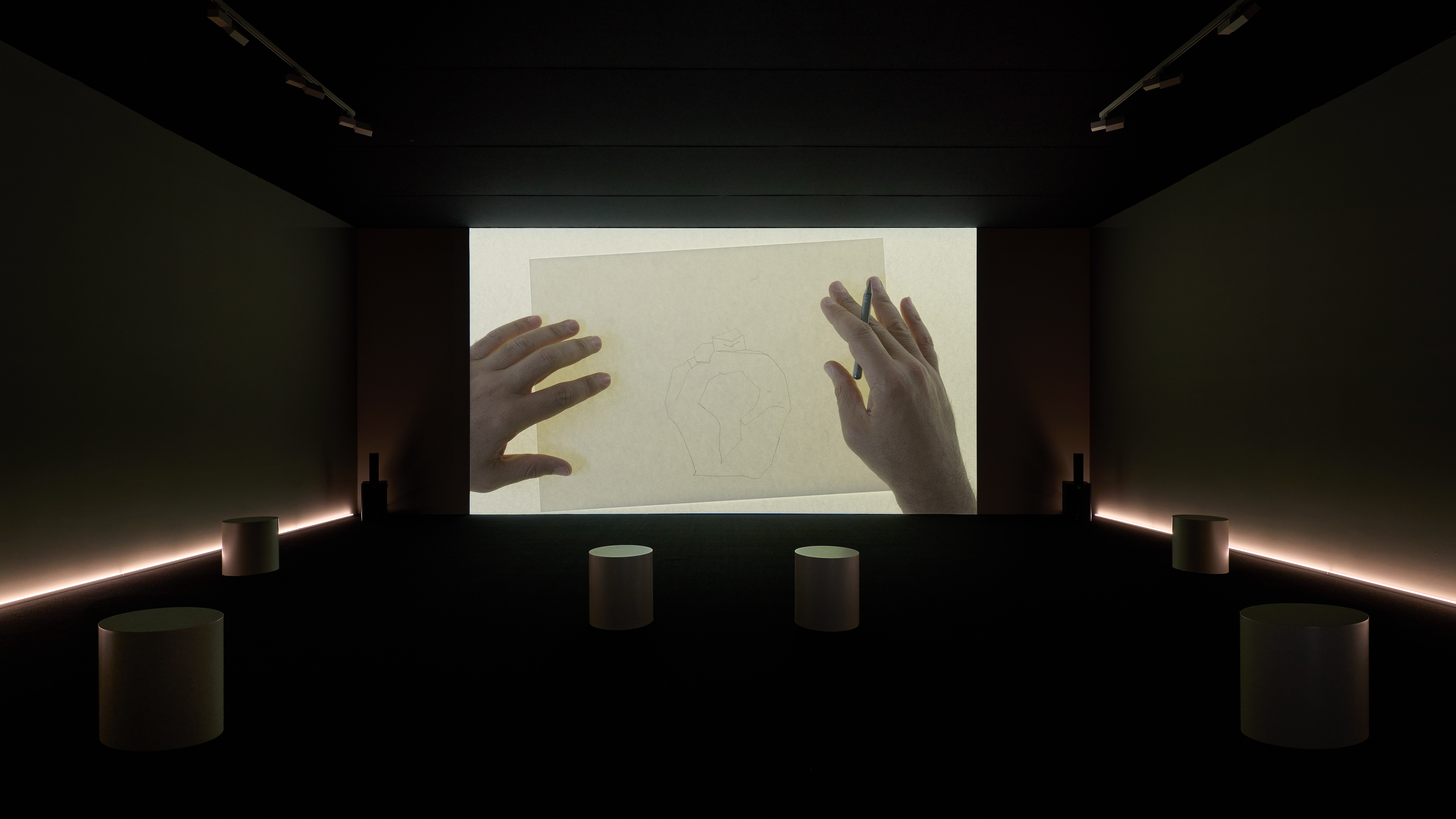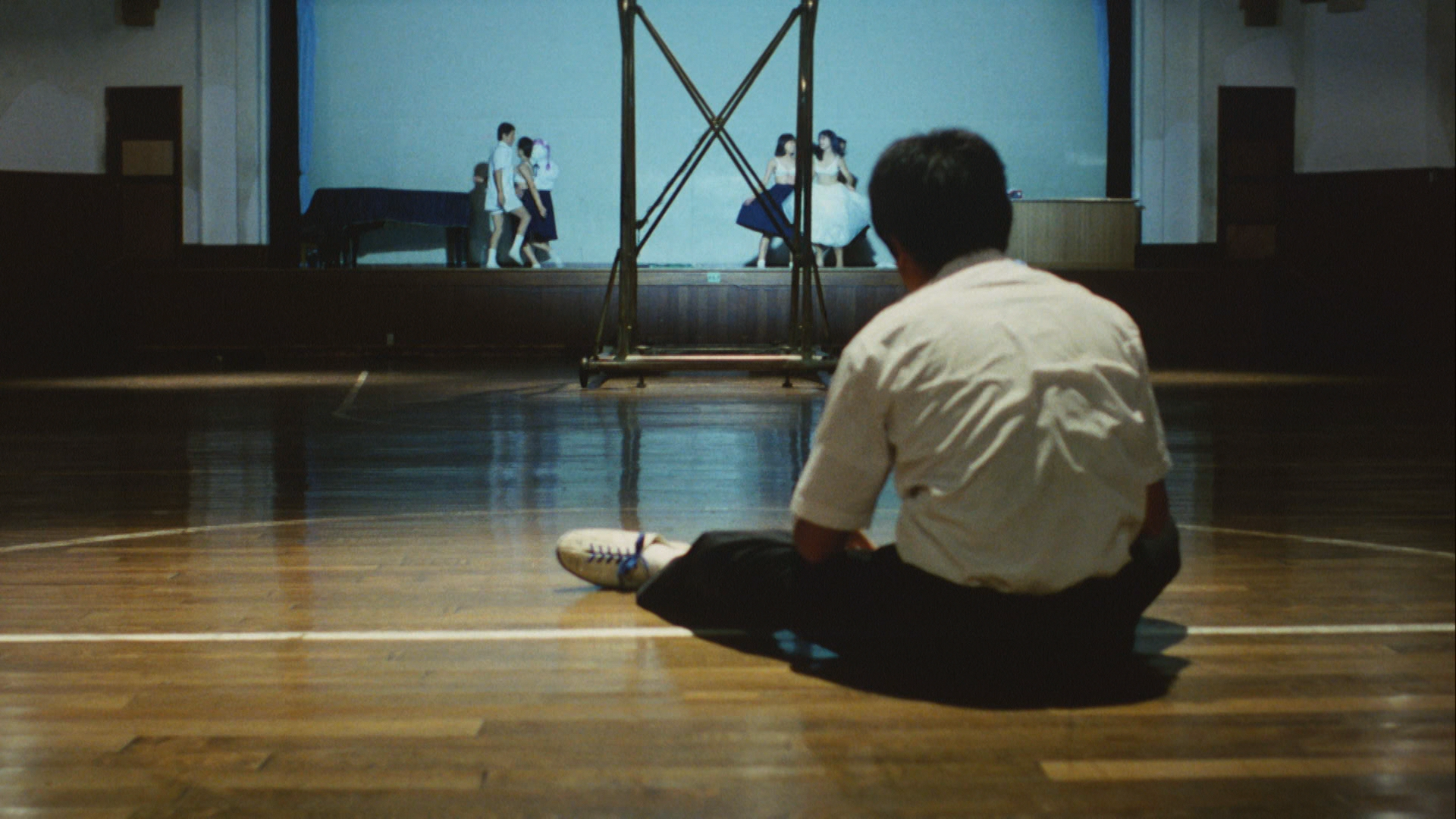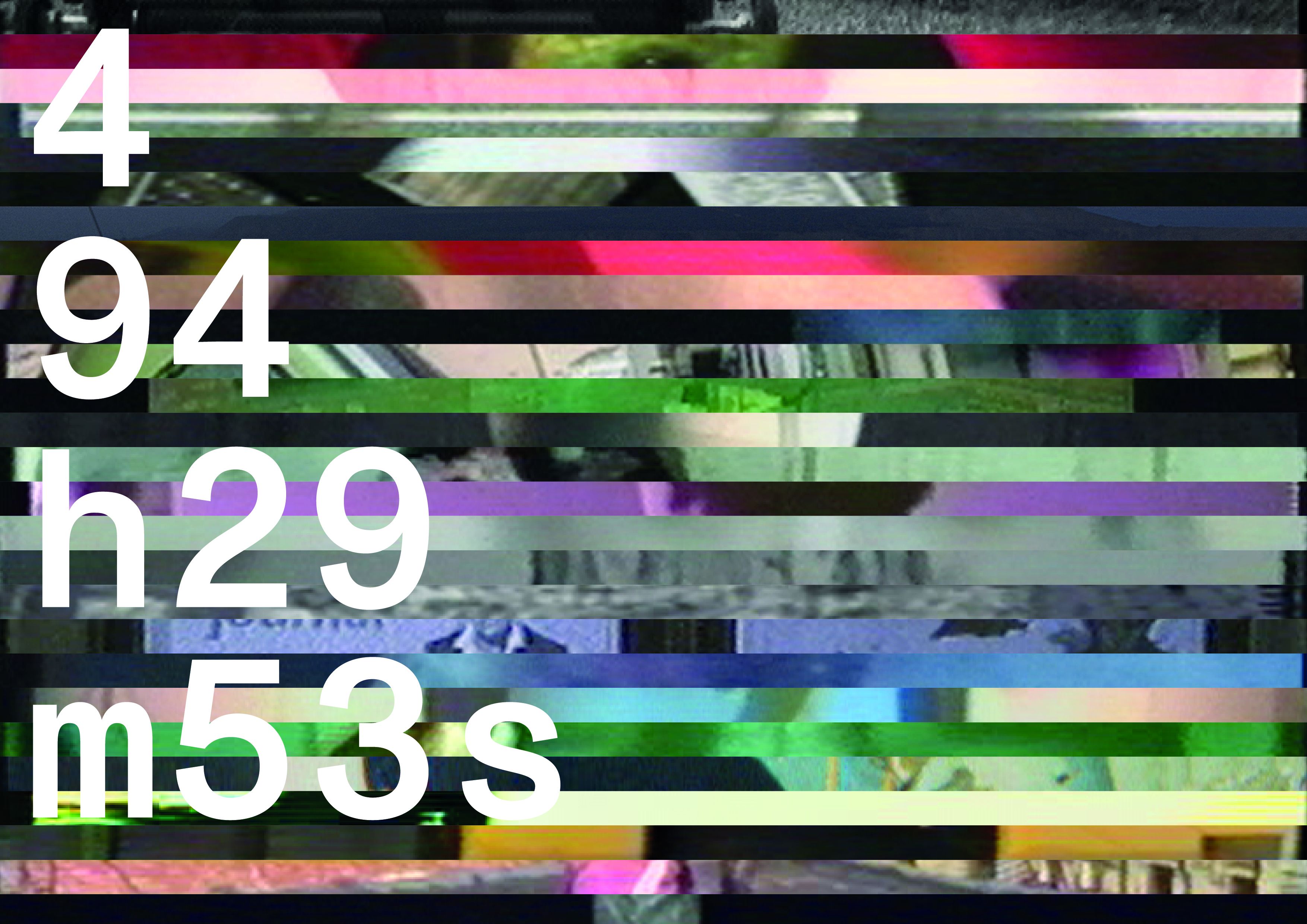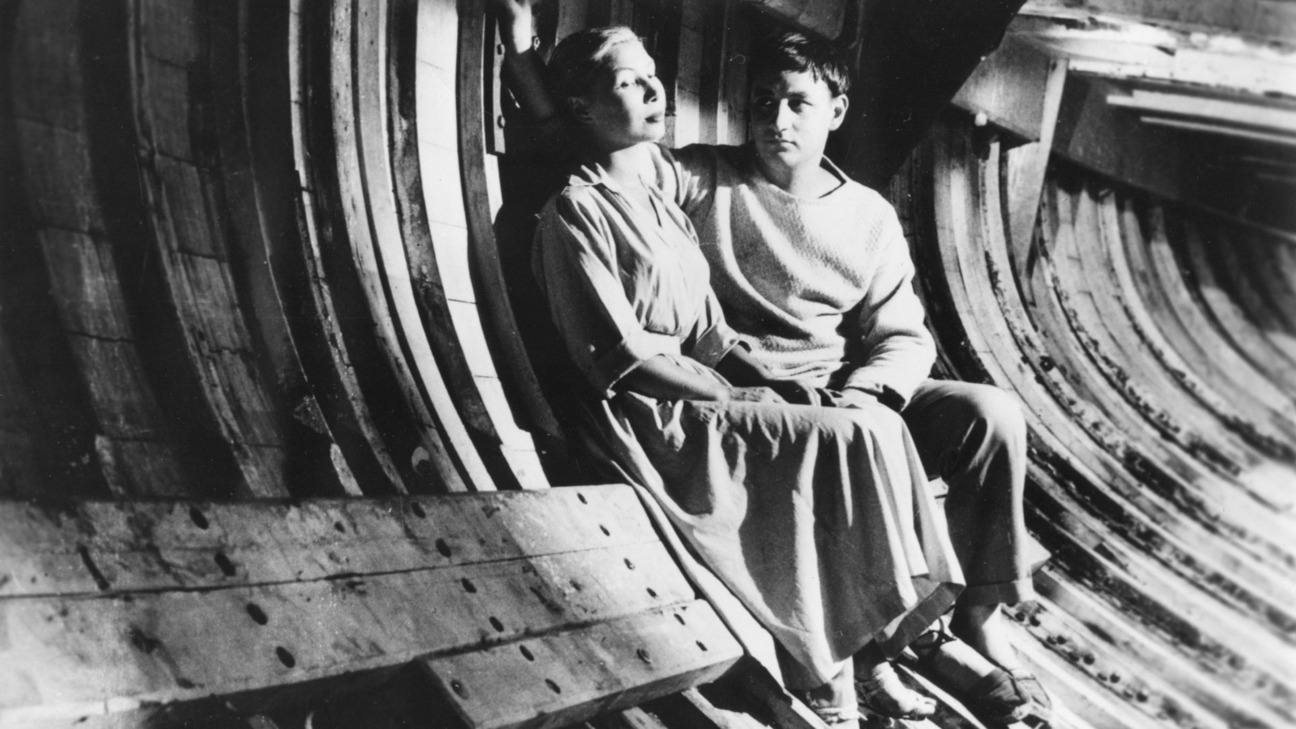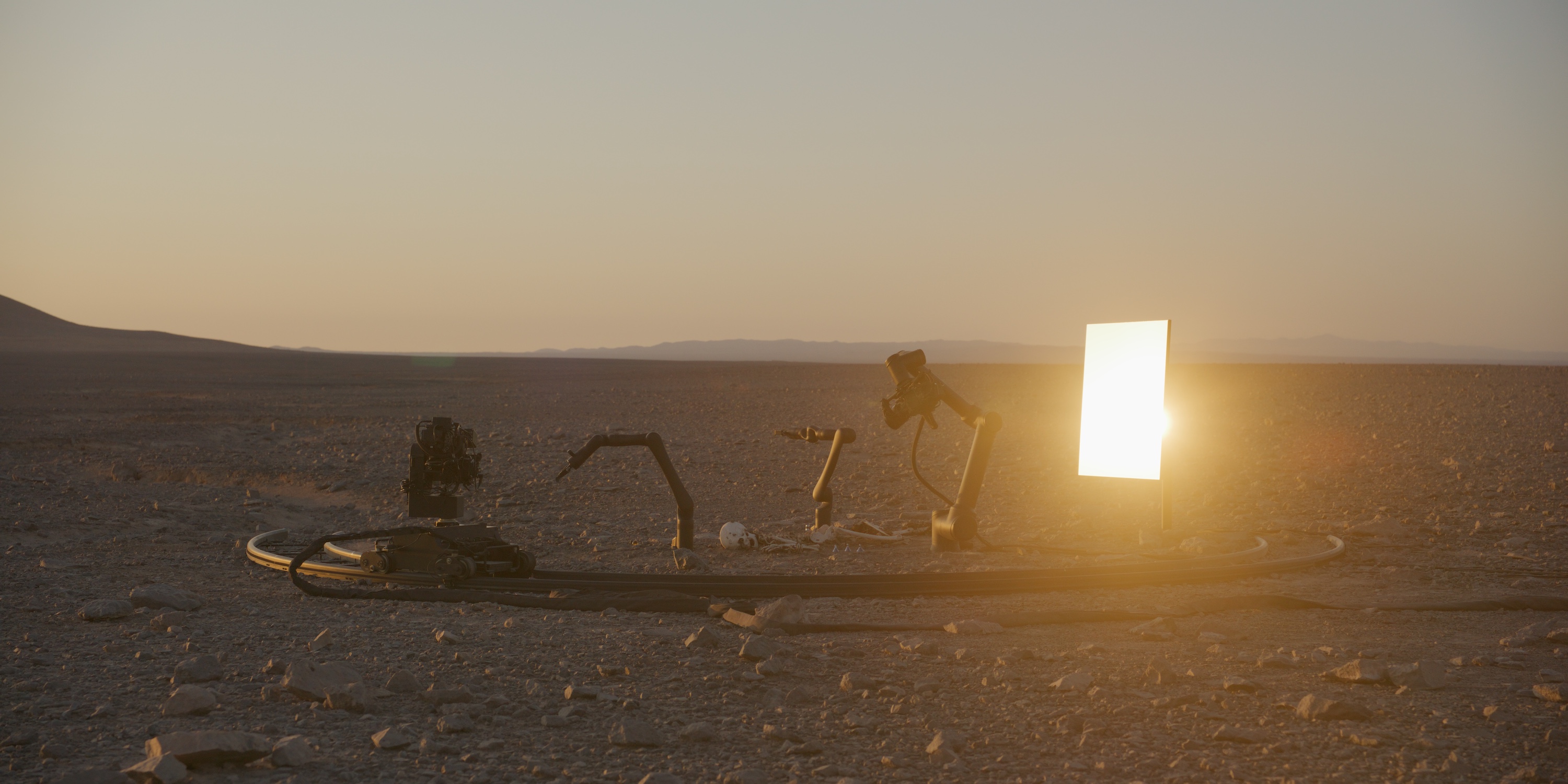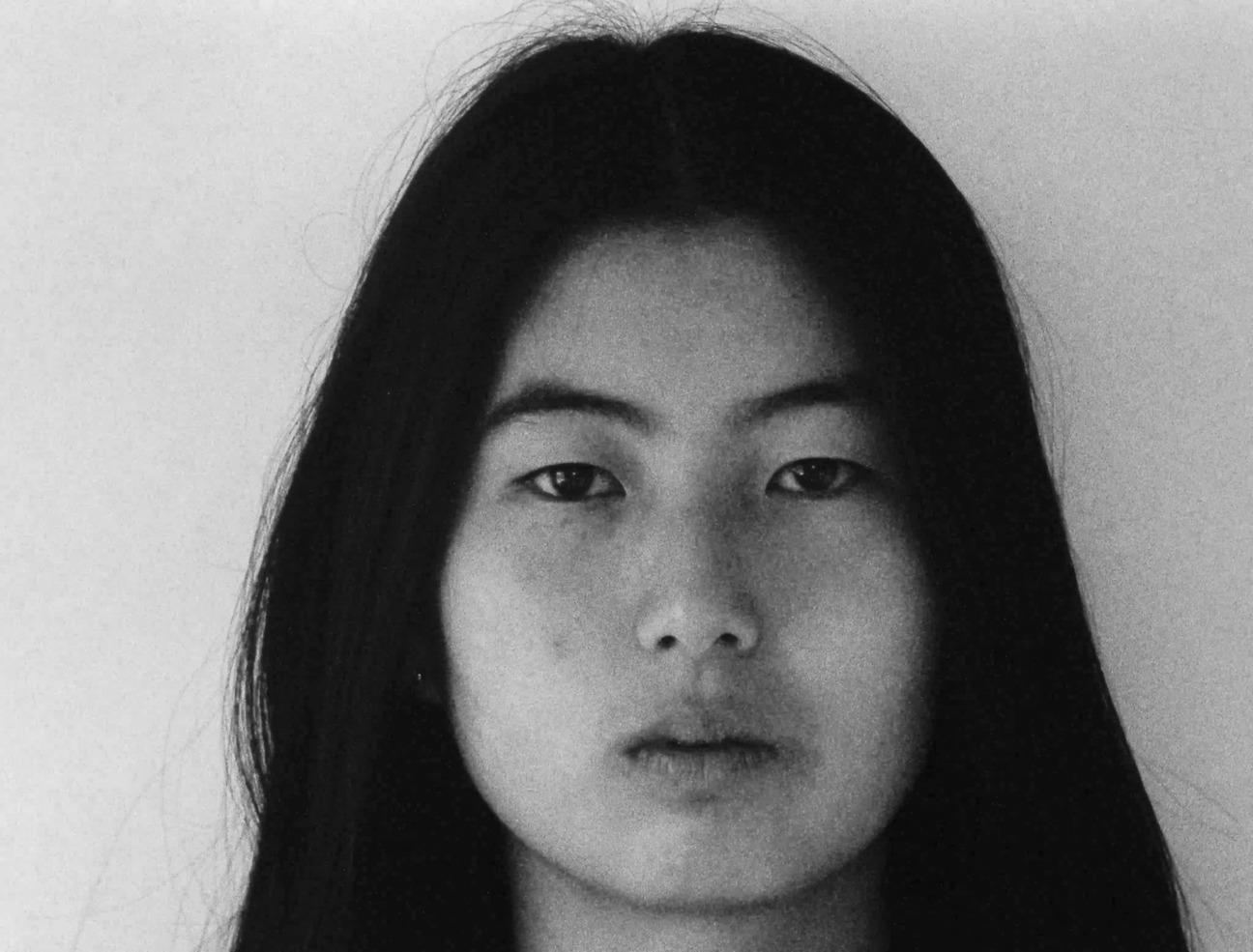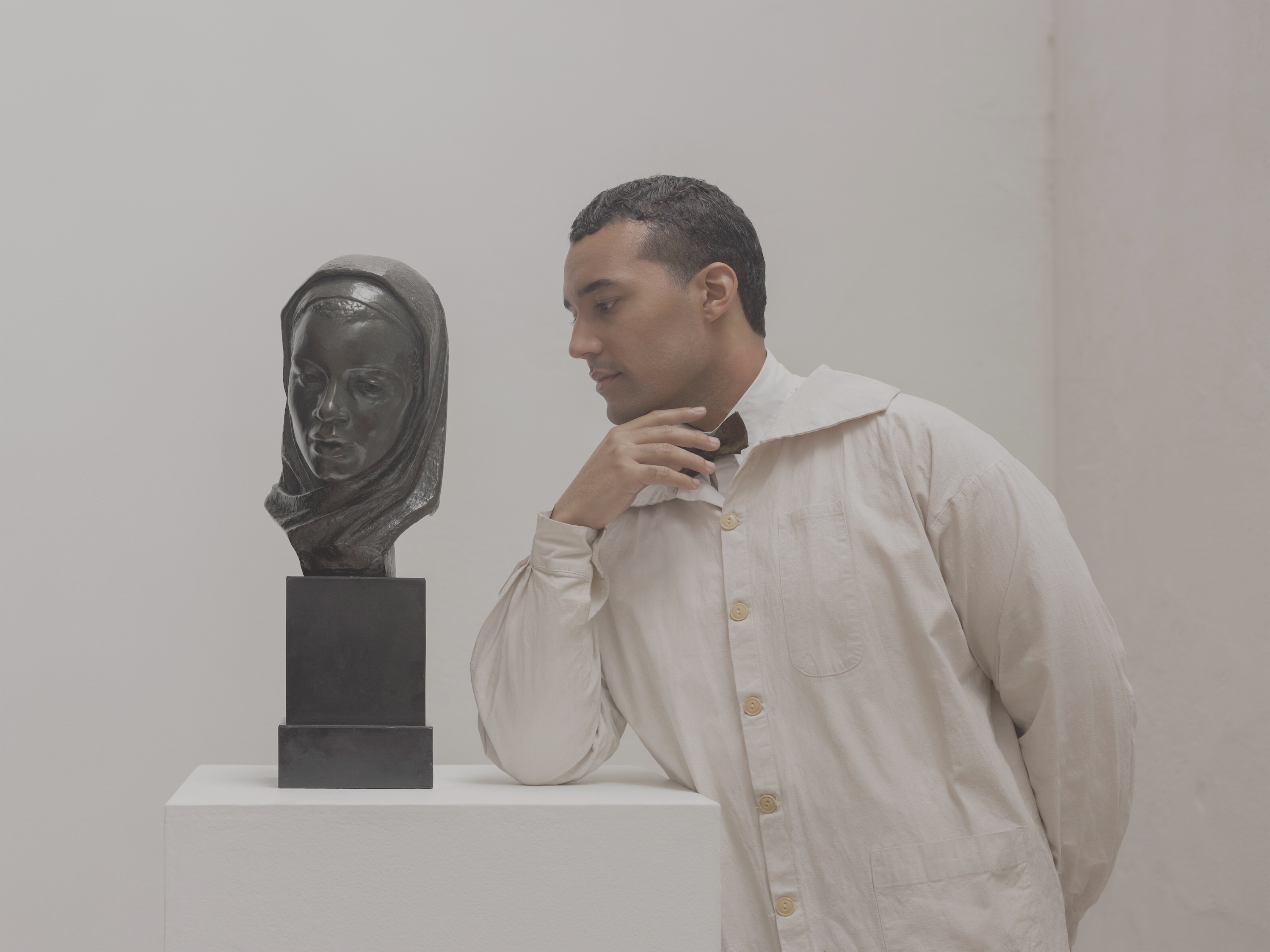Screening and Q&A with the artist
Admission starts at $5
March 18, 2022, 7pm
Brooklyn 11205
USA
Join us at e-flux Screening Room for Martha Rosler's Losing: A Conversation with the Parents (1977, 18 minutes), Martha Rosler Reads Vogue: Wishing, Dreaming, Winning, Spending (1982, 25 minutes, with Paper Tiger Television), The East Is Red, The West Is Bending (1977, 20 minutes), Backyard Economy I and Backyard Economy II (Diane Germain Mowing) (1977, 10 minutes), followed by a Q&A with the artist.
The evening constitutes the opening event of Domination and the Everyday: Videos and Films by Martha Rosler, a three-day program taking place on the evenings of Friday through Sunday, March 18-20 at e-flux Screening Room. The program will present a selection of film and video works by Martha Rosler, and discussions with the artist and invited guests Nora M. Alter, Ernie Larsen, and Shelly Milner. Throughout the three days, a projection of Rosler's silent Museums will eat your lunch (2013, 2 minutes) will be on view at the Screening Room library, where a reading group with Rosler will also take place as a post-script to the program (date and more details to be announced).
See the full three-day program here.
Screenings
Losing: A Conversation with the Parents
1977, 18 minutes
Treating the problem of anorexia nervosa from the parents' perspective, Losing presents a mother and father speaking to the camera and perhaps an unseen interviewer about the tragedy of their daughter's death as a result of dieting. The conversation between two anxious people, seated together in an affluent, tastefully appointed living room, centers on the child’s biography and upbringing, as the parents float divergent narratives regarding her apparently inexplicable behavior. Their remarks turn toward the irony of self-starvation in a land of plenty, the differential behavior of boys and girls and of industrious and lazy people, and then toward international politics, where food is used as a negotiating tool—or worse. Confronting a serious issue, Rosler simultaneously sets into play the confessional form, improbably young actors, and the ghoulish staginess of talk show dramatics, while never showing the starved body of the daughter, who may instead be understood as having been chewed up and digested by her parents in discourse, for the sake of the viewers.
Martha Rosler Reads Vogue: Wishing, Dreaming, Winning, Spending
1982, 25 minutes, with Paper Tiger Television
In a live performance for Paper Tiger Television's public-access cable show in New York, Rosler deconstructs the messages in Vogue and the institutional slants of the magazine industry. Seated on a kitchen chair in front of a minimal set, Rosler flips the pages of an issue of Vogue, stopping to explore—and sometimes literally caress—the clothing promotions and ads. She visits the features lauding industry photographers and steamy pop novelist Judith Krantz and abstract painter Cy Twombly’s Italian villa. Stepping behind the scenes, Rosler reads a salacious anecdote by a writer friend and sometime paramour of Condé Nast, Vogue’s founder. Rosler looks at the fashion industry's reliance on low-wage, largely female labor, made visible in a film clip shot by Shu Lea Chang in an illegal sweatshop in Lower Manhattan. The work marks the distinction between producers and consumers of luxury goods, as illustrated in part by the Hackney flashers, a group of activist women photographers in London.
Paper Tiger Television, here in its infancy, was begun by filmmaker and activist Dee Dee Halleck to engage in media critique under the slogan “Smashing the Myths of the Information Industry.” The foundational concept of cheap media as a strategy of engagement, shared by Rosler and Paper Tiger, is exemplified by this work, with its makeshift sets, no rehearsals, first-time crew members, and matter-of-fact camerawork.
The East Is Red, The West Is Bending
1977, 20 minutes
A dining-table cooking demonstration addresses cultural transactions in the meeting of East and West. Reading directly from a West Bend Electric Wok instruction booklet, Rosler comments upon the Orientalist mystique conjured by the West Bend corporation, a mystique evoked and then proudly “improved” through Western technology manifested by non-stick surfaces and electric power, not to mention a flat-bottomed pot and scrubbing aids. Drawing attention to the wok’s red color, Rosler, in typical deadpan fashion, raises the bogeyman of Communist China, holding up some paper cutouts and a pamphlet of Chairman Mao Tse-Tung and asking, “Remember this guy?”
Backyard Economy I and Backyard Economy II (Diane Germain Mowing)
1977, 10 minutes, silent
This pair of silent Super-8 films center on the backyard of a modest house in a coastal community of north San Diego County. The word “economy” itself was coined in relation to household maintenance and reproduction, and these paired films relate to the domain of women and children, pets and plants, growth and regeneration, out of view of the street. These cycles depend on sun, wind, and water as well as, typically, the energy and oversight of women; invisible labor in the classic sense, made visible only in its outcomes. In the first of the pair, the central subject is the laundry, hung out to dry in rank upon rank of clotheslines.
In the second, the focus is on a woman mowing the lawn. The lawn is mowed in an approximate rectangle, the dog runs in a similar formation, a child wanders by, but the lawn sprinkler sprays out a circular pattern, and the cycle of watering and washing, on the one hand, and evaporation on the other, continues seemingly without foreseeable end.
On view at the library
Museums will eat your lunch
2013, 2 minutes, silent
In this silent video, still images of stores and residential buildings along a stretch of the Bowery in New York City appear in a stream within a cutout template, based on the “giftbox heap” silhouette of the New Museum, newly located on the Bowery. As these images of shiny storefronts, dwellings, and official Certificates of Occupancy of the “new Bowery” of the twenty-first century go by, set phrases relating to the merits and demerits of museums roll desultorily down from above to below.
This silent video was commissioned by the New Museum for a street festival but barred by a ruling of the City of New York, which prohibits the projection of words on buildings except in certain designated corridors, as they might be taken for advertising.
For more information, contact program@e-flux.com.

